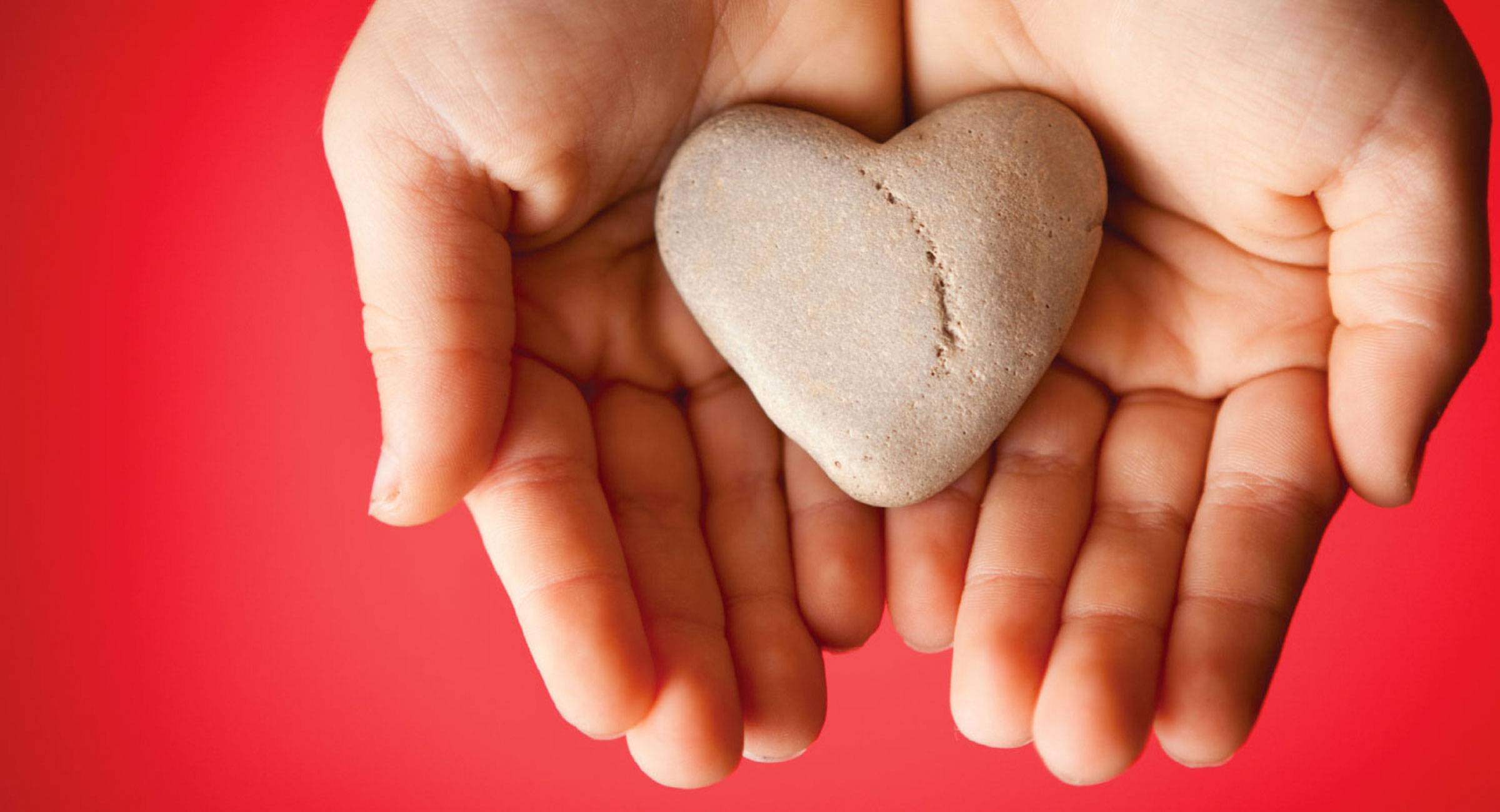“If you want others to be happy, practice compassion. If you want to be happy, practice compassion.”
– Dalai Lama

Healthy Living
How do you cultivate empathy and the desire to give back and help others? Are some people born altruistic or do we learn it as children and nurture it over a lifetime? As a mother of three, I’ve asked myself these questions many times. If it’s true that giving of oneself is the key to happiness then these are very important questions indeed, especially if you want to raise children who give back.
Most of us have heard the expression ‘it’s better to give than to receive’ and have probably experienced the pleasure of giving. Like many sentiments passed down from generation to generation, this one resonates with people of all ages and has even been substantiated by compelling scientific research. For the last several decades, researchers have focused on the physical, mental and social benefits of giving and the results are quite remarkable. American author and professor of preventative medicine Dr. Stephen Post has studied the science of giving and found that, “if you engage in helping activities as a teen, you will still be reaping the health benefits 60 or 70 years later. Generous behaviour is closely associated with reduced risk of illness and mortality and even lower rates of depression.”
Neuroscientists from the National Institute of Health confirmed through brain MRI studies that when people give to charities, the reward pathways in their brains are activated and release dopamine, which gives you that warm, fuzzy feeling. Dr. Post explains why empathy motivates altruistic behavior and makes us feel good, “when we show concern for others—empathizing with a friend who has lost a loved one, mowing the lawn for an elderly neighbor, or volunteering to mentor a school-aged child—we improve our own health and well-being and give voice to our deeper identity and dignity as human beings.”
Furthermore, a 20-year study published in the Gerontologist found that older adults who volunteered for environmental causes reported better physical and mental health, improved social connectedness and less depressive symptoms. It’s not surprising that the combination of volunteering and the healing power of nature leads to amazing results.
So, if you want ‘giving back’ to bring meaning to your own life, find something your passionate about because it’s not about how much you give, but how much you love giving it. I tried to foster the spirit of volunteerism in my girls from a young age, and they have exceeded my expectations. They both started volunteering at a local hospital in high school and soon experienced that warm, fuzzy feeling you get from helping others. My 23-year-old has a cherished collection of drawings from the kids she met during her time volunteering at the Children’s Hospital and they mean more to her than anything else. My other daughter spends every Sunday afternoon bringing books/magazines to patients and loves spending time with older adults on the ward. She said, “they are so appreciative and some of them don’t have family who visit so it makes me feel like I’m doing something that really matters.” And that right there is the reason why giving back is the one of the keys to happiness! When life has meaning, it creates an overall sense of well-being.
So, if you’re looking to add a little happiness to your own life, here are a few tips on finding your own unique way to give back:
• Give your time – to a lonely neighbor, to a friend in need, to a shelter or as a volunteer in any capacity
• Share your skills – non-profit organizations often use professional skill-based volunteers to do marketing, public relations and IT projects. Or try mentoring young people in the community; everyone has a skill that could benefit someone else.
• Give to an organization or a cause that matters to you – maybe it’s in support of a family member living with cancer or a friend who is struggling with mental health issues. Most hospital foundations have a ‘How you Can Help’ section on their website, so do some research and find one that matches what matters to you. Please visit the Vic Foundation at https://thevicfoundation.ca/home to find out what our foundation is doing to achieve healthier futures for all of us.
For more information on volunteer opportunities, visit Volunteer Manitoba at https://www.volunteermanitoba.ca/ or check out the volunteer page on Victoria Lifeline’s website https://www.victorialifeline.ca/about-us/volunteer
Krystal Stokes is the Communications & Public Relations Manager at Victoria Lifeline, a community service of the Vic Foundation.

